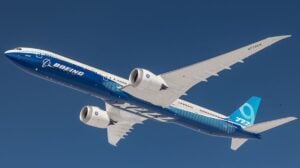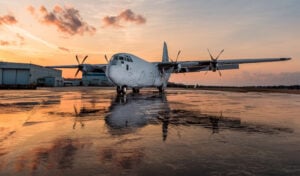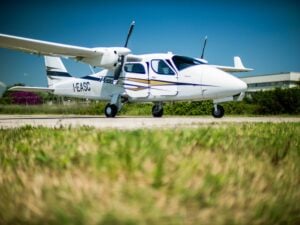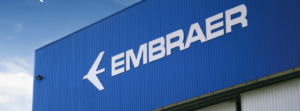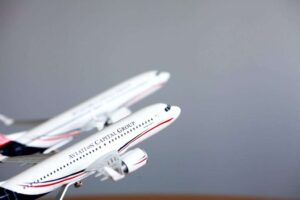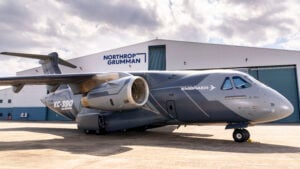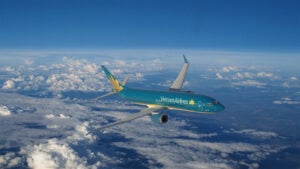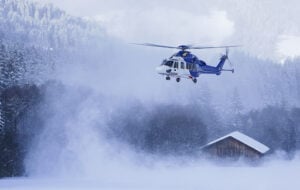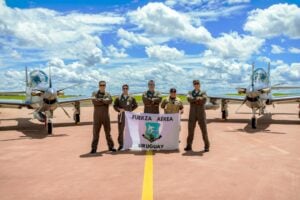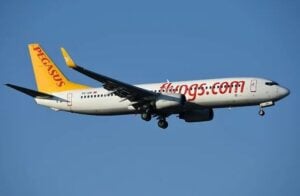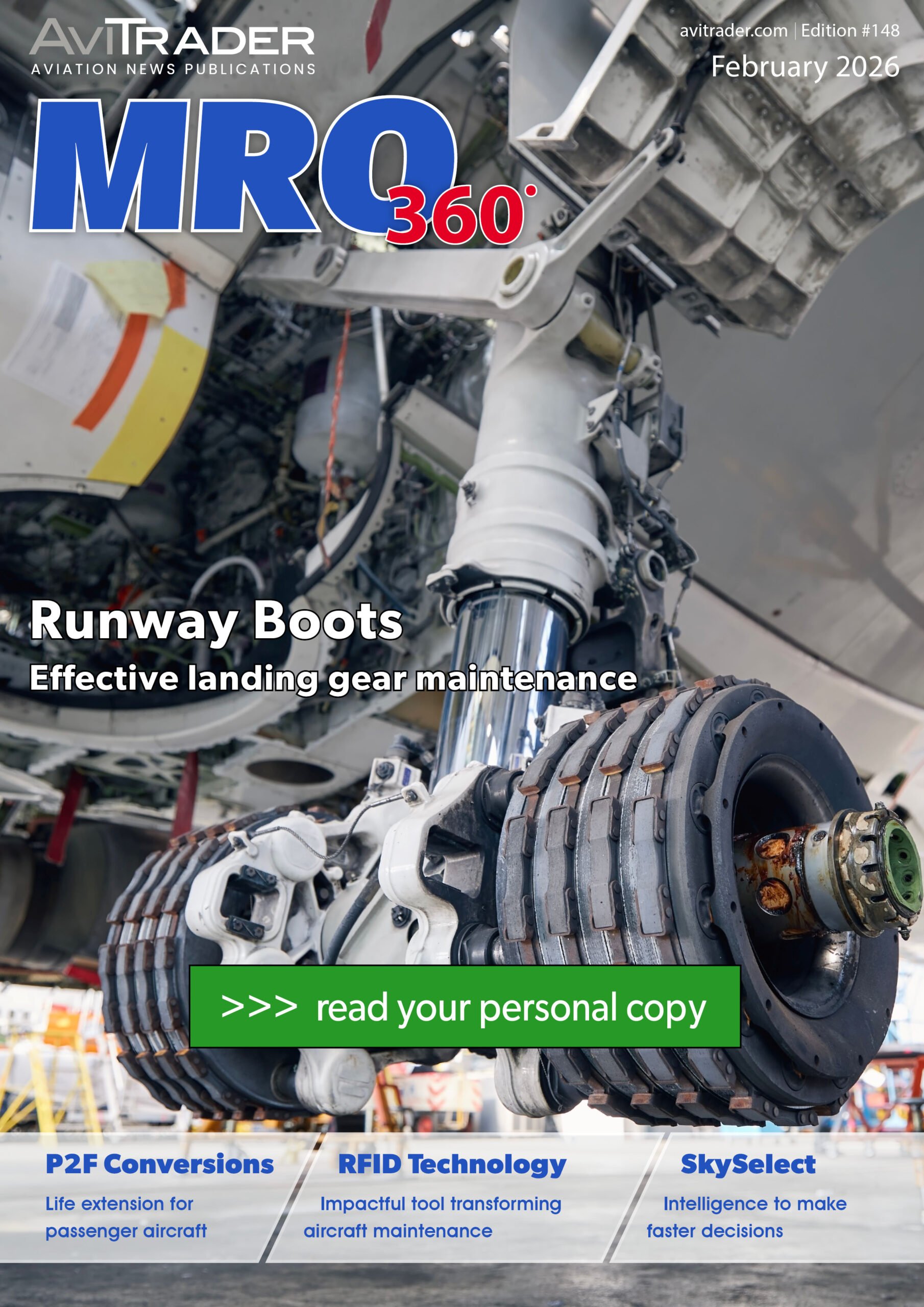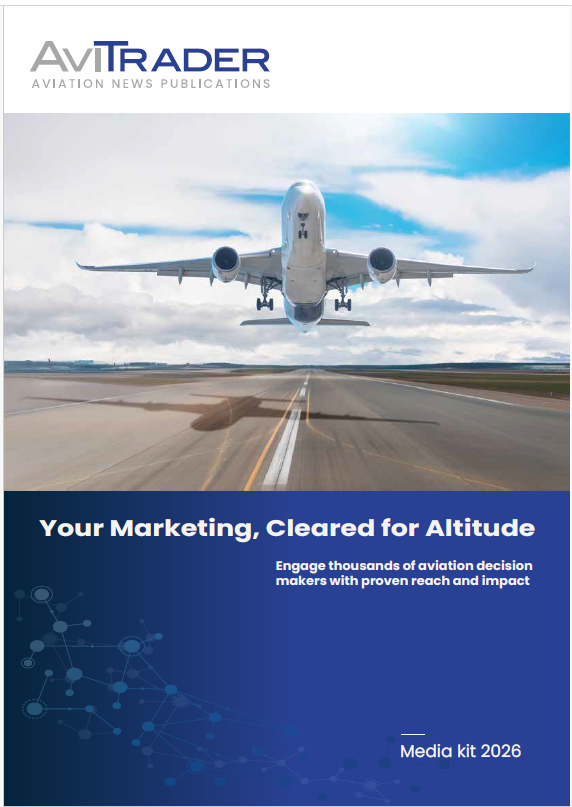Ongoing Question
By David Dundas
The people entrusted with this responsibility, aircraft mechanics, play a pivotal role in ensuring every flight meets strict operational standards. As the aviation industry evolves, the debate between specialisation and multi-skilled mechanics has become increasingly relevant. Each approach offers unique benefits and challenges, impacting efficiency, cost, training, and safety.
The Role of Aircraft Mechanics
Aircraft mechanics are responsible for inspecting, repairing, and maintaining aircraft to ensure airworthiness. Their work spans various systems, including avionics, engines, hydraulics, and structural components. Traditionally, mechanics have either specialised in a particular system or adopted a broader, multi-skilled approach.
Understanding Specialisation
Specialisation involves focusing on a specific area of aircraft maintenance, such as avionics, engines, or airframe systems. Specialists undergo rigorous training in their chosen discipline, gaining deep expertise and familiarity with specific systems.
Benefits of Specialisation
Expertise and Precision: Specialists develop advanced knowledge and skills, enabling them to diagnose and resolve complex issues with greater accuracy.
Quality Assurance: With a concentrated focus, specialists often achieve higher standards of maintenance and repair, reducing the likelihood of errors.
Advanced Troubleshooting: Specialists can efficiently address unique challenges in their domain, often providing solutions that generalists might overlook.
Compliance with Regulations: Regulatory bodies, such as the EASA and the FAA, often mandate specialised certifications for certain tasks, making specialists indispensable for these roles.
Challenges of Specialisation
Limited Flexibility: Specialists are less adaptable in situations requiring diverse skills, potentially leading to inefficiencies in smaller teams or remote locations.
Higher Costs: Specialised training and certification can be expensive, increasing costs for both mechanics and employers.
Dependence on Team Collaboration: Specialists rely heavily on other experts to address systems outside their expertise, necessitating strong teamwork.
Embracing Multi-Skilled Mechanics
Multi-skilled mechanics, often referred to as generalists, are trained across various aircraft systems. They possess a broad understanding of maintenance procedures and can perform a wide range of tasks.
Benefits of Multi-Skilled Mechanics
Operational Flexibility: Multi-skilled mechanics can adapt to diverse maintenance needs, making them valuable in dynamic or resource-constrained environments.
Cost Efficiency: Airlines and maintenance organisations can reduce staffing requirements by employing mechanics capable of handling multiple systems.
Streamlined Maintenance: Generalists can address various issues during a single inspection, reducing downtime and enhancing efficiency.
Broader Career Opportunities: Multi-skilled mechanics are well-positioned for roles requiring versatility, increasing their employability.
Challenges of Multi-Skilled Mechanics
Jack of All Trades: While they possess broad knowledge, multi-skilled mechanics may lack the depth of expertise required for intricate or high-stakes repairs.
Training Complexity: Training programmes for generalists can be extensive and challenging, requiring mechanics to master multiple disciplines.
Regulatory Limitations: Certain maintenance tasks may require specialised certifications, limiting the scope of work generalists can legally perform.
Industry Trends and Technological Impact
The aviation industry is undergoing significant changes, driven by advancements in technology, evolving regulations, and shifting operational needs. These trends influence the demand for both specialisation and multi-skilled mechanics:
Technological Advancements: Modern aircraft feature highly integrated systems that blur the lines between traditional specialisations. Multi-skilled mechanics with cross-disciplinary knowledge are increasingly valuable in maintaining these systems.
Data-Driven Maintenance: Predictive analytics and digital twins enable proactive maintenance, requiring mechanics to understand data analysis alongside traditional skills. This trend favours multi-skilled professionals.
Regulatory Changes: Aviation authorities continue to refine certification requirements, influencing the balance between specialists and generalists. EASA’s and FAA’s evolving frameworks often reflect the need for a mix of expertise.
Labour Market Dynamics: A global shortage of skilled aviation professionals underscores the need for multi-skilled mechanics who can fill diverse roles efficiently.
Striking the Balance
For airlines and maintenance organisations, the choice between specialisation and multi-skilled mechanics often depends on their specific operational needs:
Large Operations: Major airlines with extensive fleets may benefit from specialists who can address complex issues with precision, supported by a collaborative team environment.
Smaller Operators: Regional carriers or remote maintenance facilities often prefer multi-skilled mechanics capable of handling a wide range of tasks independently.
Hybrid Approaches: Some organisations adopt a blended model, employing both specialists and generalists to achieve operational flexibility and depth of expertise.
Training and Career Development
For mechanics, career development often involves balancing the benefits of specialisation with the versatility of multi-skilling. Training programmes should:
Incorporate Core Competencies: All mechanics should receive foundational training in safety, compliance, and essential maintenance procedures.
Provide Specialisation Opportunities: Advanced certifications allow mechanics to deepen their expertise in areas like avionics, engines, or composites.
Promote Continuous Learning: As technology evolves, ongoing education ensures mechanics remain proficient in emerging systems and methodologies.
Encourage Cross-Disciplinary Skills: Training in multiple domains enhances adaptability and prepares mechanics for a broader range of challenges.
Conclusion
The debate between specialisation and multi-skilled mechanics reflects the complexity of modern aviation maintenance. Both approaches have merits, and their effectiveness depends on context and organisational goals. While specialists ensure precision and compliance in high-stakes scenarios, multi-skilled mechanics offer the flexibility needed in dynamic environments. By fostering collaboration and embracing hybrid models, the aviation industry can harness the strengths of both approaches to enhance safety, efficiency, and resilience in an ever-evolving landscape.




